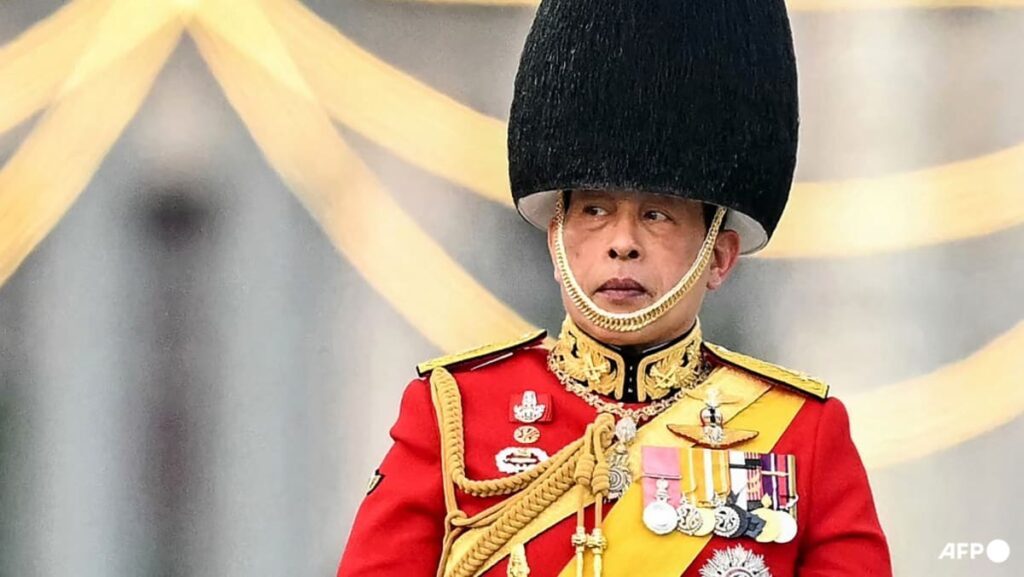BANGKOK: A US academic charged with breaking Thailand’s strict royal defamation laws will appeal against a decision to revoke his visa, his lawyers said on Thursday (Apr 10), after he was released on bail of 300,000 baht (US$8,800).
Paul Chambers, who has spent decades in Thailand and is currently a lecturer in Southeast Asian politics at a provincial university, was arrested on Tuesday after reporting to police to answer a charge of lese-majeste.
His case is a rare instance of a foreigner falling foul of strict laws which shield King Maha Vajiralongkorn and his close family from any criticism and can lead to decades-long prison sentences.
Chambers was granted bail on the criminal case on Wednesday but was kept in custody until late in the evening while his lawyers negotiated with immigration authorities on his visa status.
“His legal team plan to appeal the visa revocation,” said the Thai Lawyers for Human Rights group, representing Chambers, in a post on X early Thursday.
The Thai military filed a complaint against Chambers earlier this year over a blurb posted online for a podcast hosted by a think-tank website which focuses on Southeast Asian politics.
According to media reports, Chambers, who is also a visiting fellow at Singapore’s ISEAS-Yusof Ishak Institute, is accused of publishing a blurb on the research institute’s website in connection with a webinar last October about military reshuffles.
A spokesperson from the institute told CNA on Wednesday that it was concerned over Chambers’ arrest.
“Dr Chambers is a very established academic and has been a visiting fellow under the Institute’s Thailand Studies Programme since 2021,” the spokesperson said.
“As a research centre dedicated to the objective analysis of Southeast Asia, ISEAS values Dr Chambers’ contributions.”
Chanatip Tatiyakaroonwong, a researcher at Amnesty International who campaigns for the release of political prisoners, said the visa revocation was meant to “intimidate”.
“The visa revocation is meant to send a message to foreign journalists and academics working in Thailand, that speaking about the monarchy could lead to consequences,” he told AFP on Wednesday.



